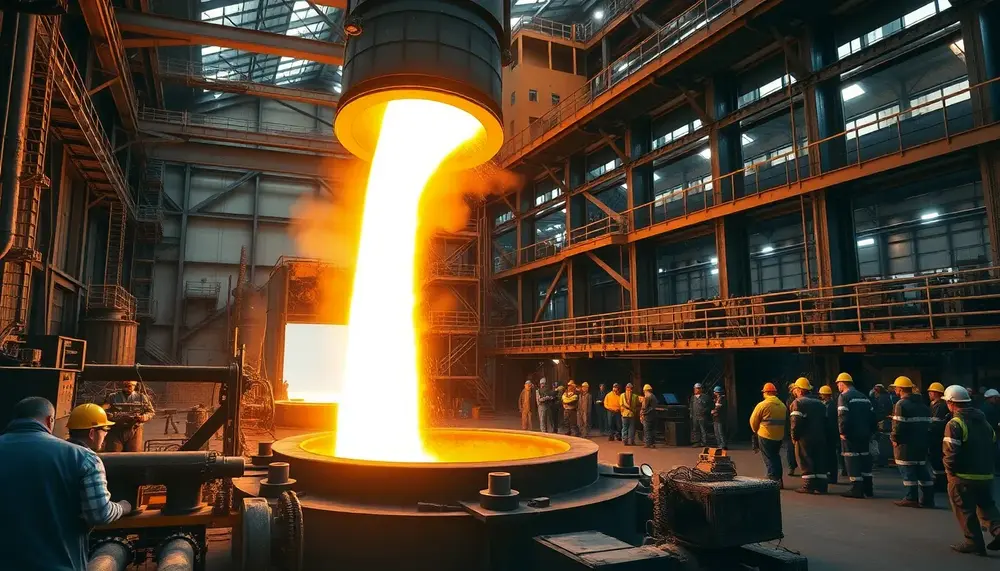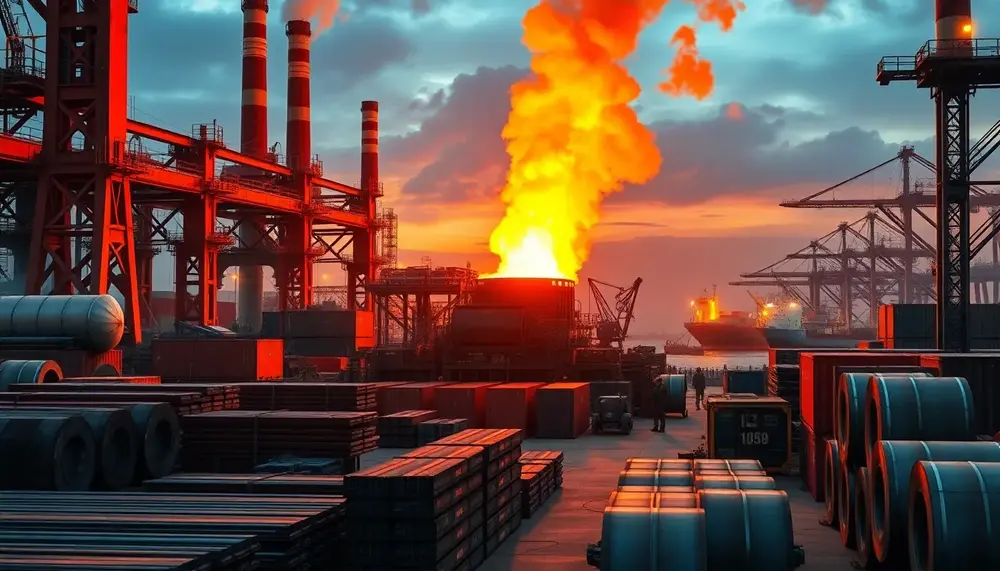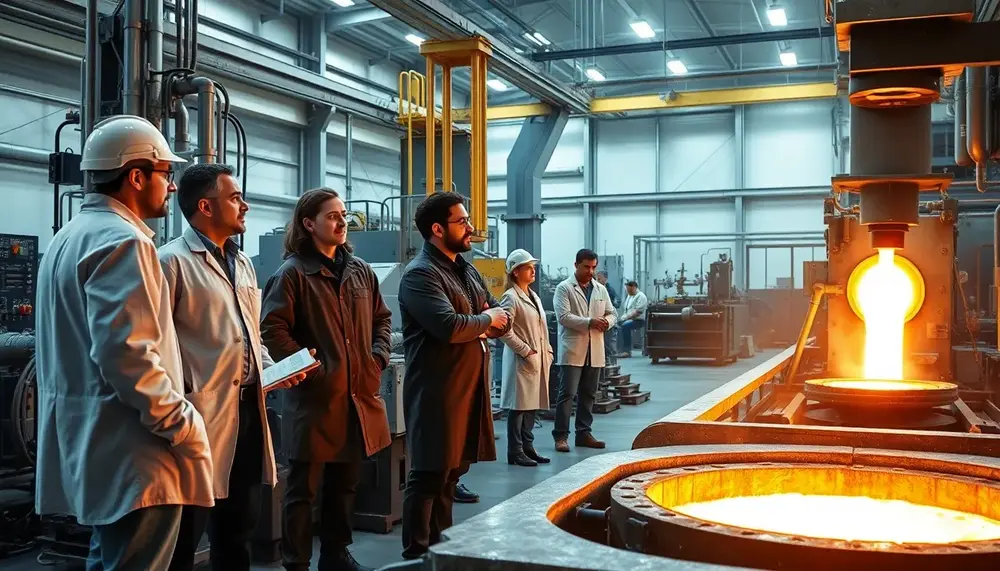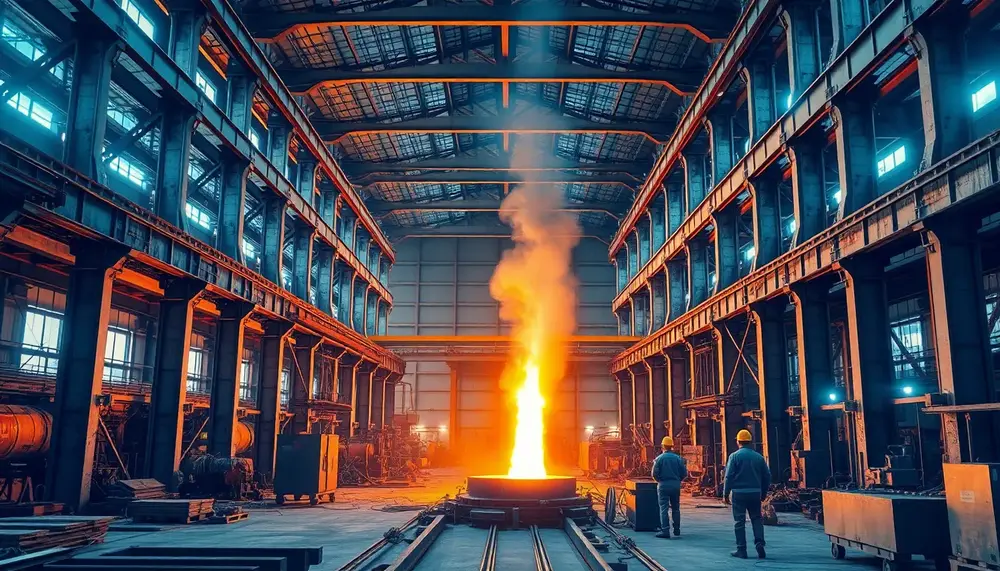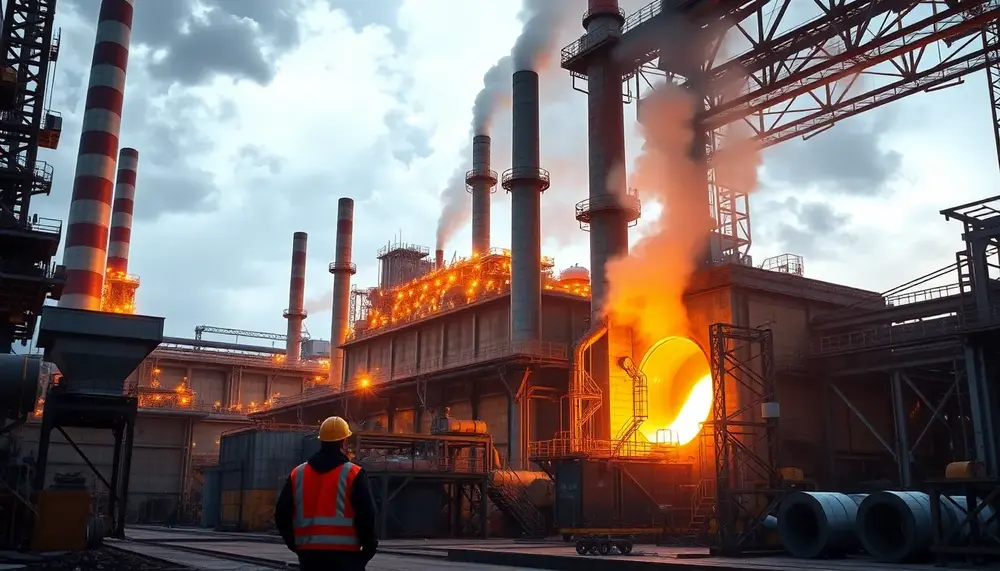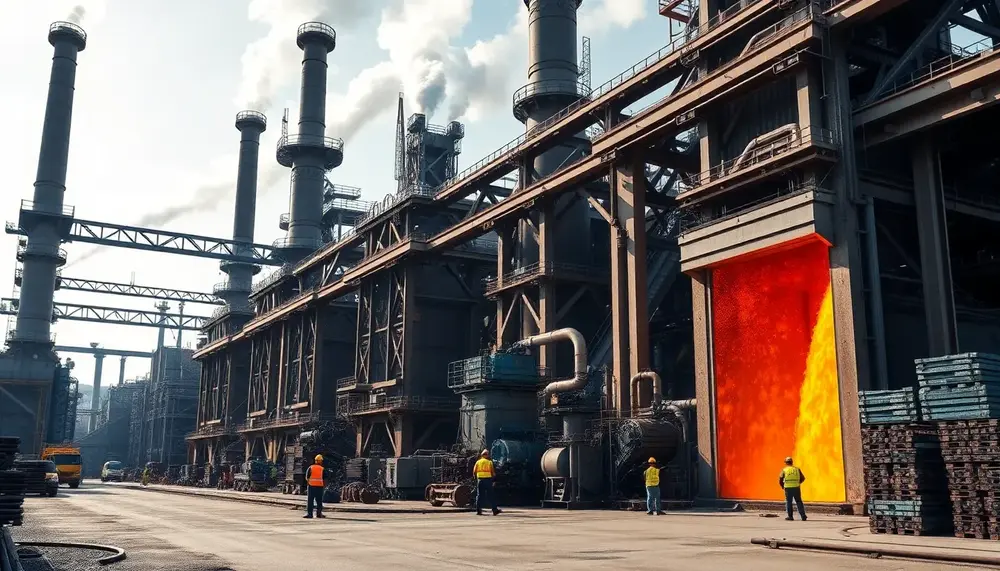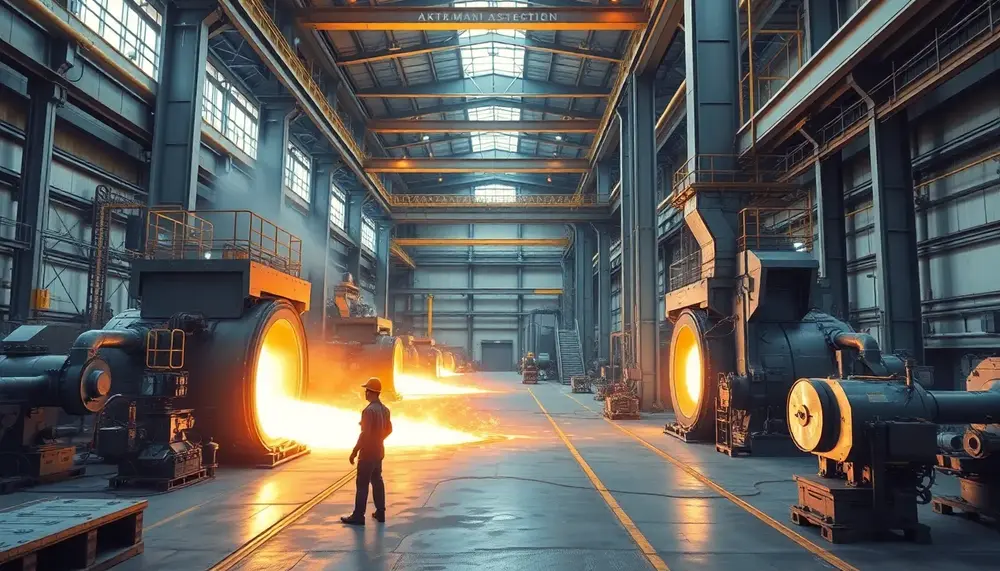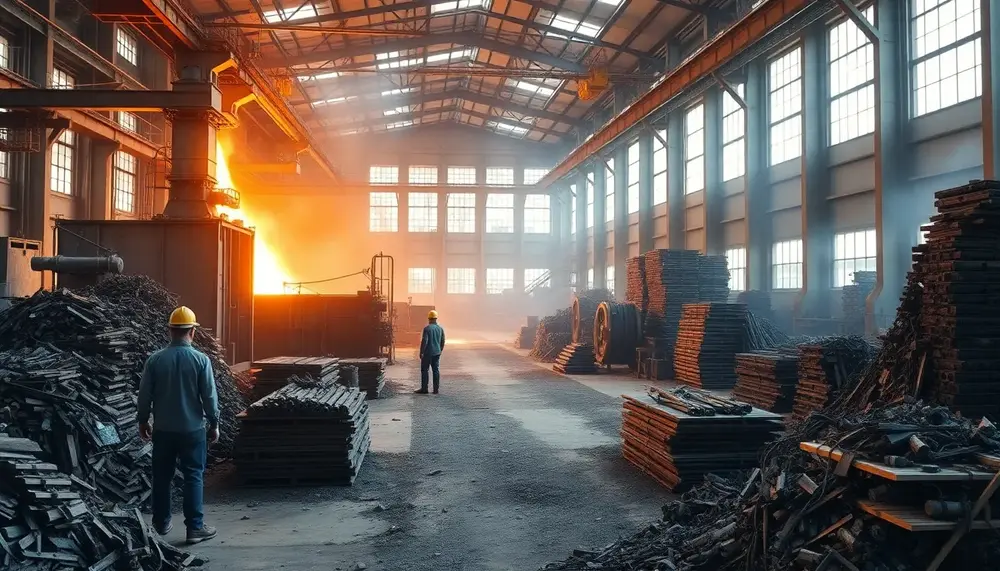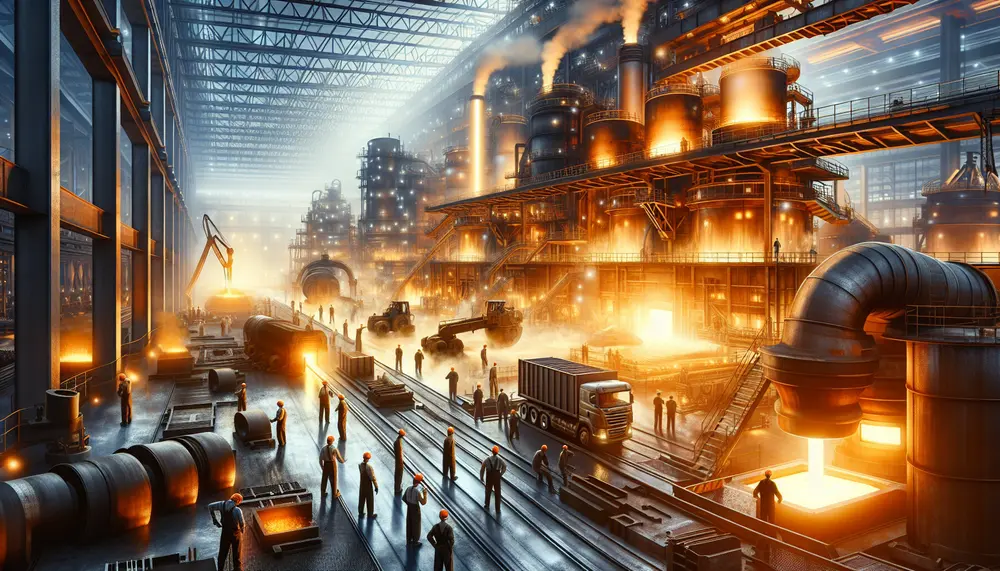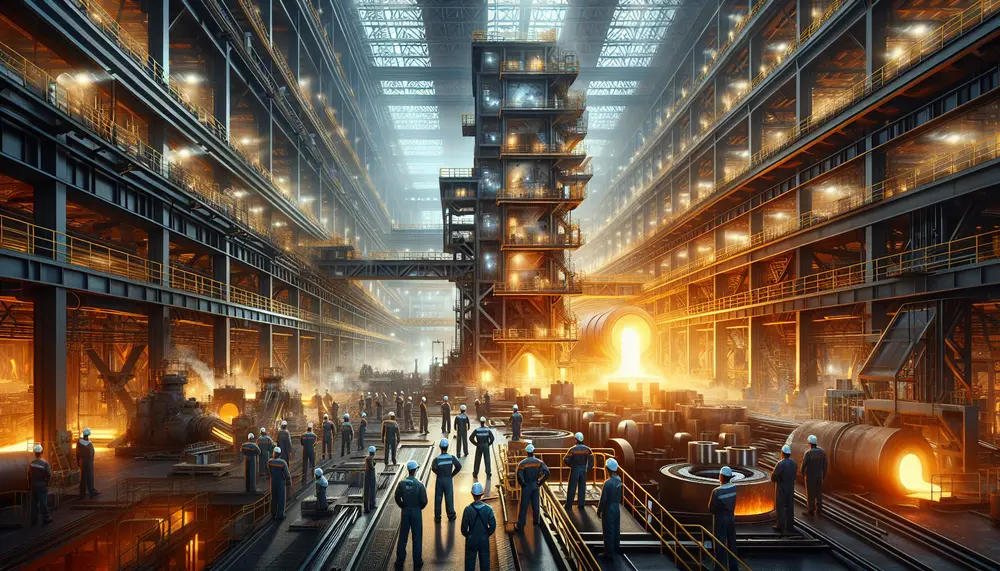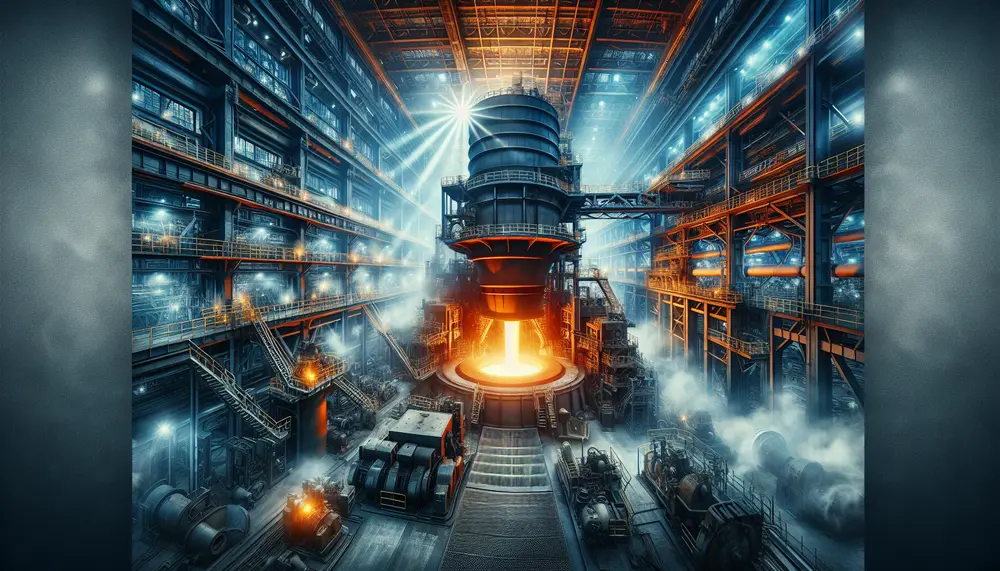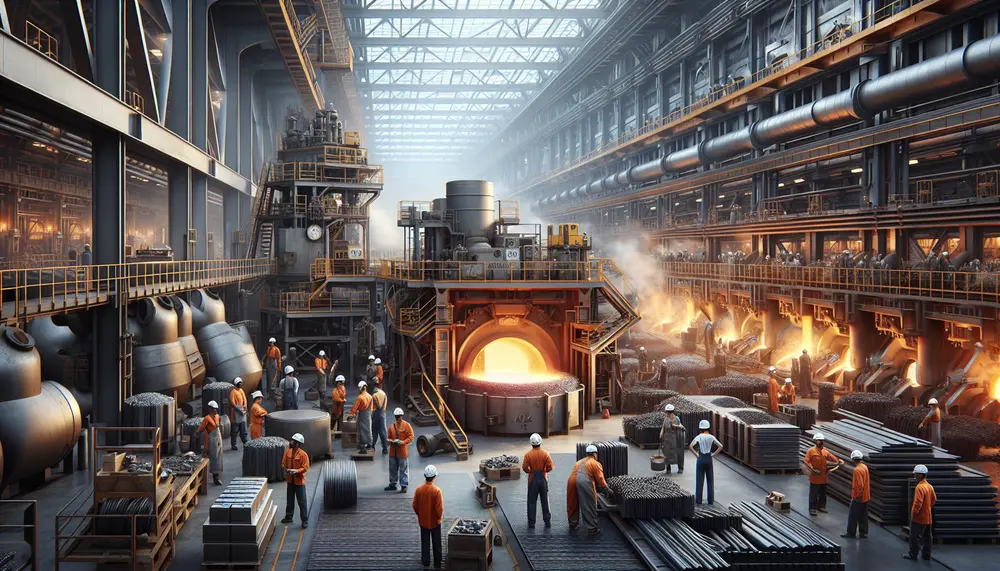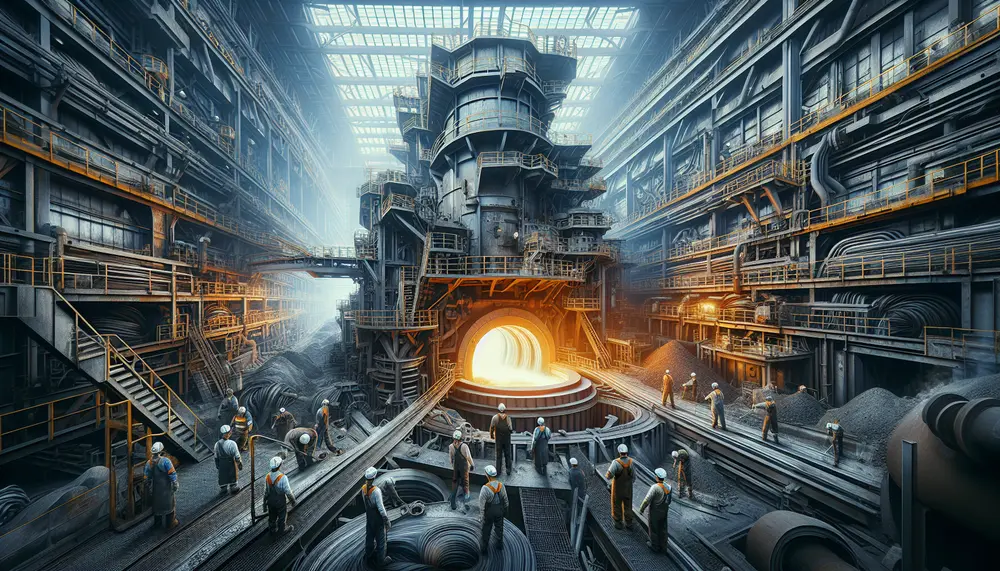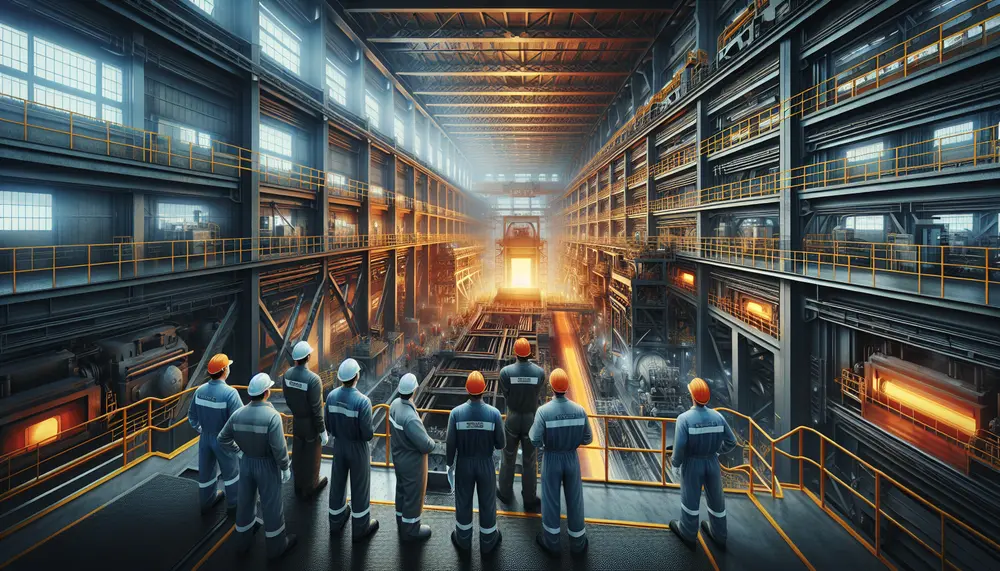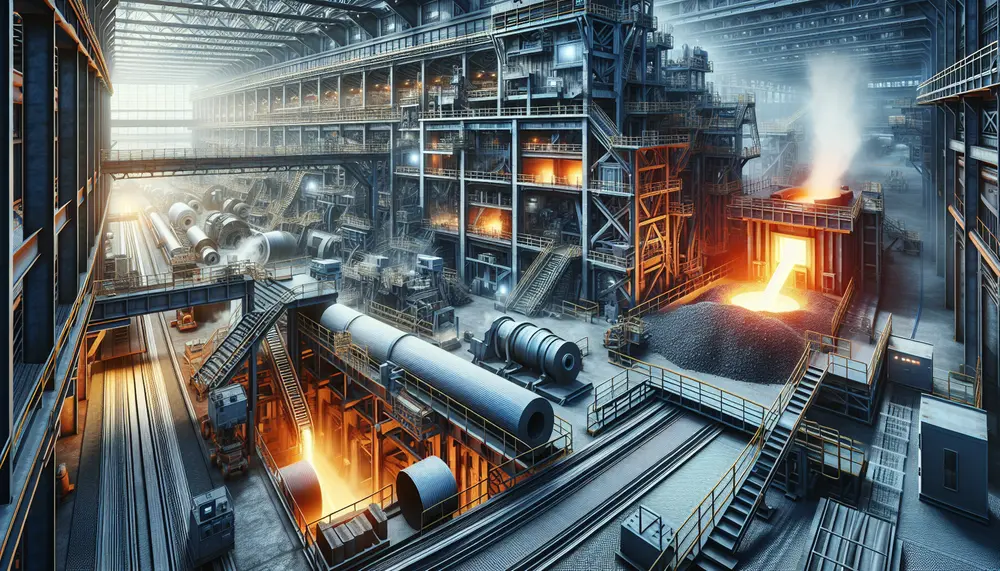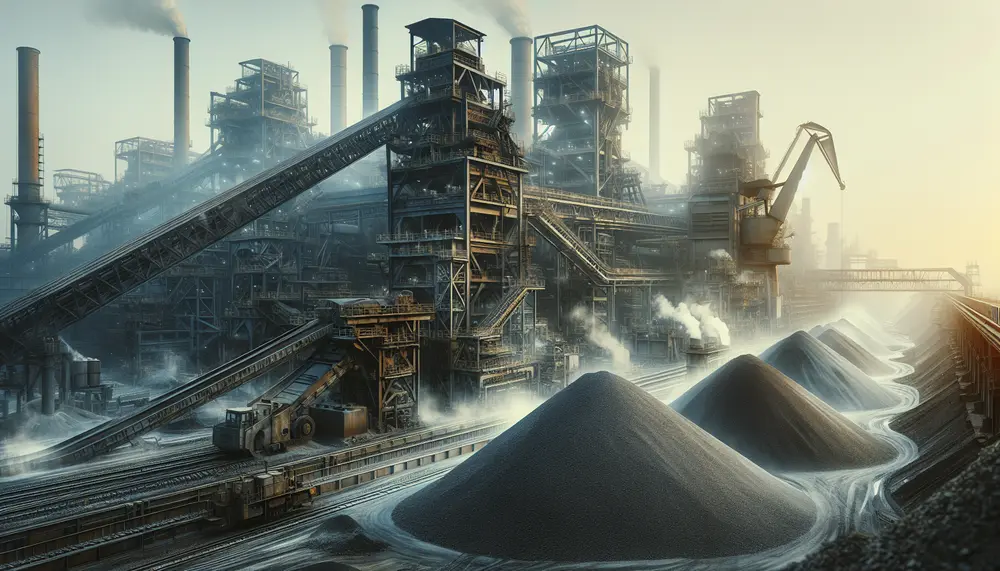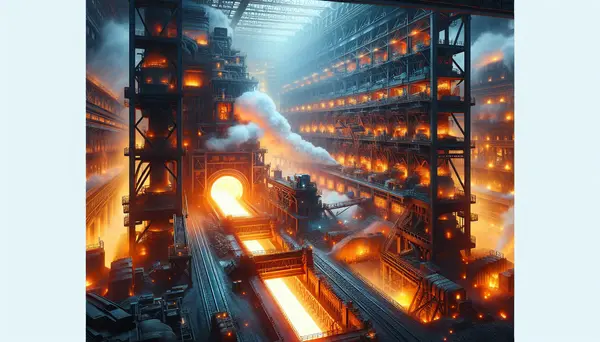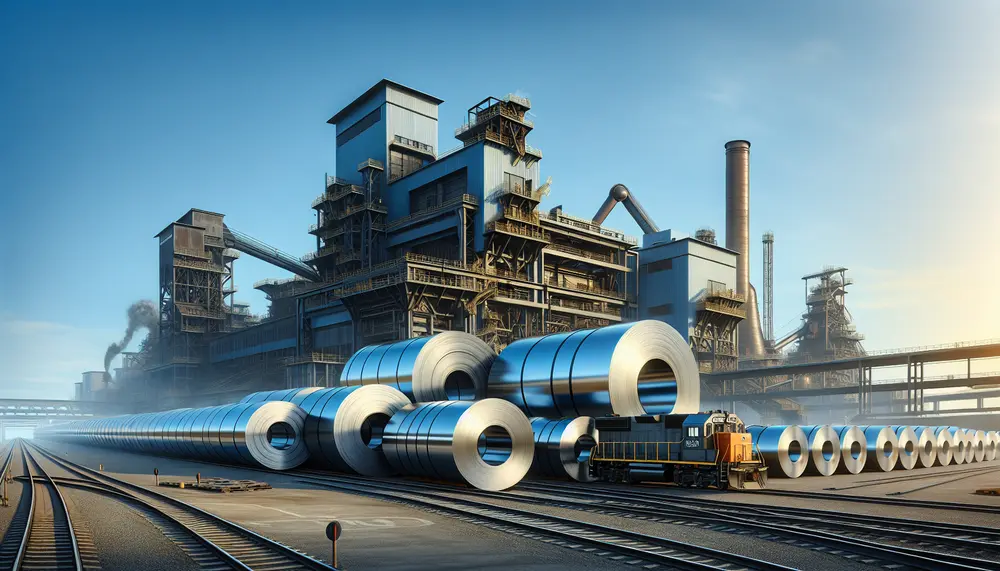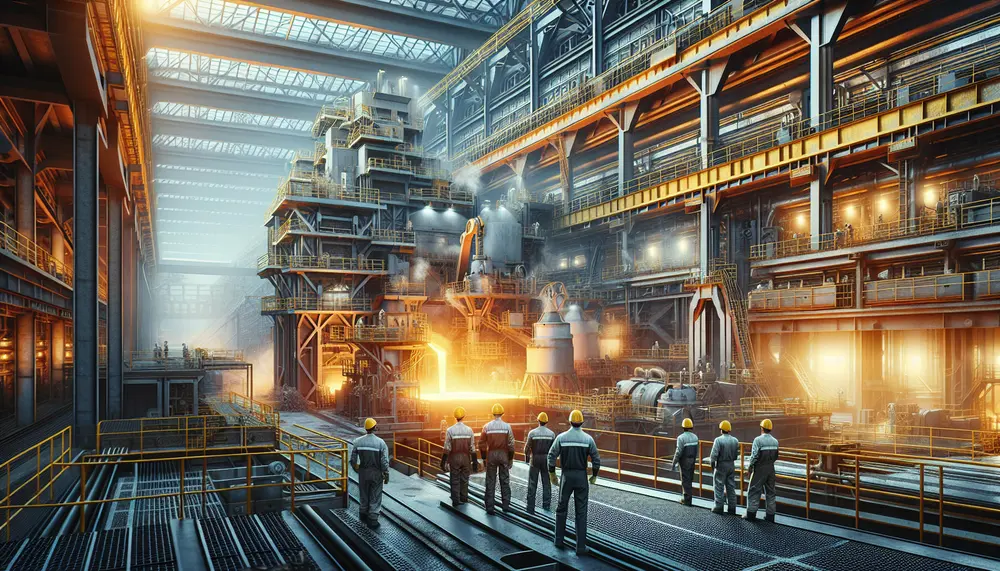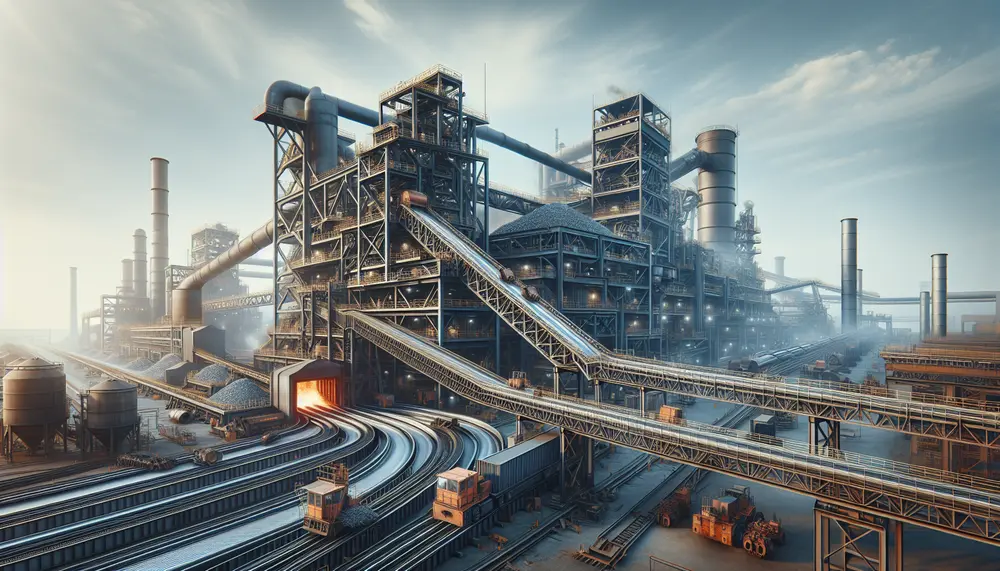Posts on the Topic Recycling
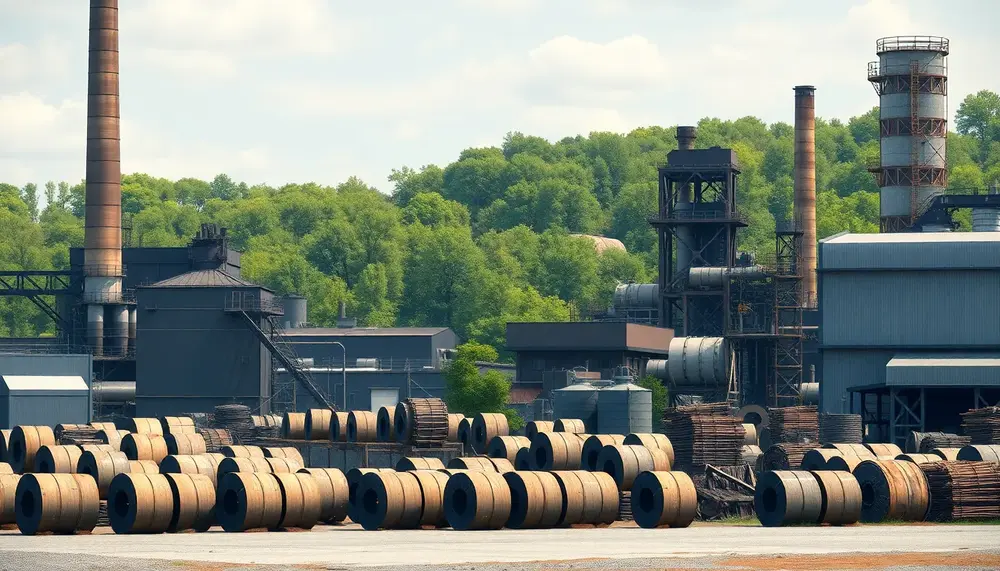
Steel production faces major environmental challenges, including high CO2 emissions, water and air pollution, waste management issues, and resource depletion. Innovative solutions like hydrogen-based processes and closed-loop water systems are emerging to reduce the industry's ecological footprint....
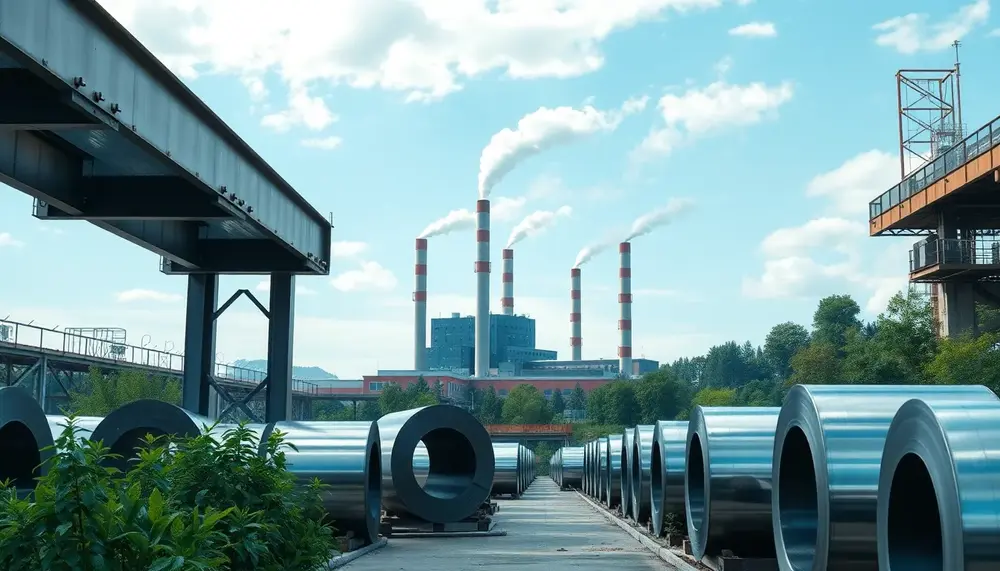
Steel decarbonization is driven by market, policy, and investor pressure but faces major challenges from legacy infrastructure, high costs, raw material limits, and uncertain regulations. Hydrogen-based steelmaking and electric arc furnaces offer promising low-carbon solutions if supply chains and renewable...
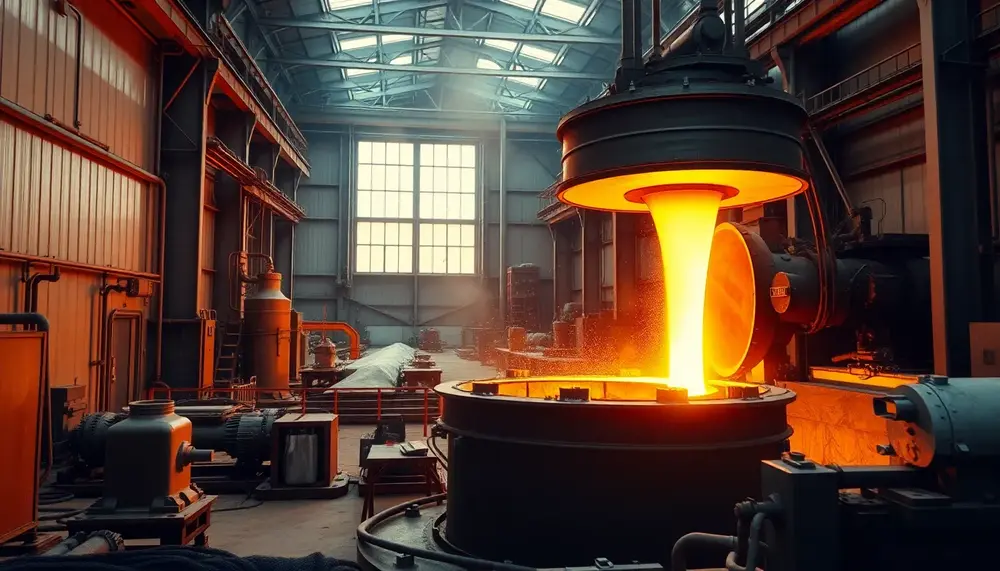
Steelmaking is vital to modern civilization, driving economies, infrastructure development, and sustainability efforts. The industry relies on two main methods—Blast Furnace (BF) for large-scale production with higher emissions and Electric Arc Furnace (EAF) for flexibility and lower environmental impact—shaping a...
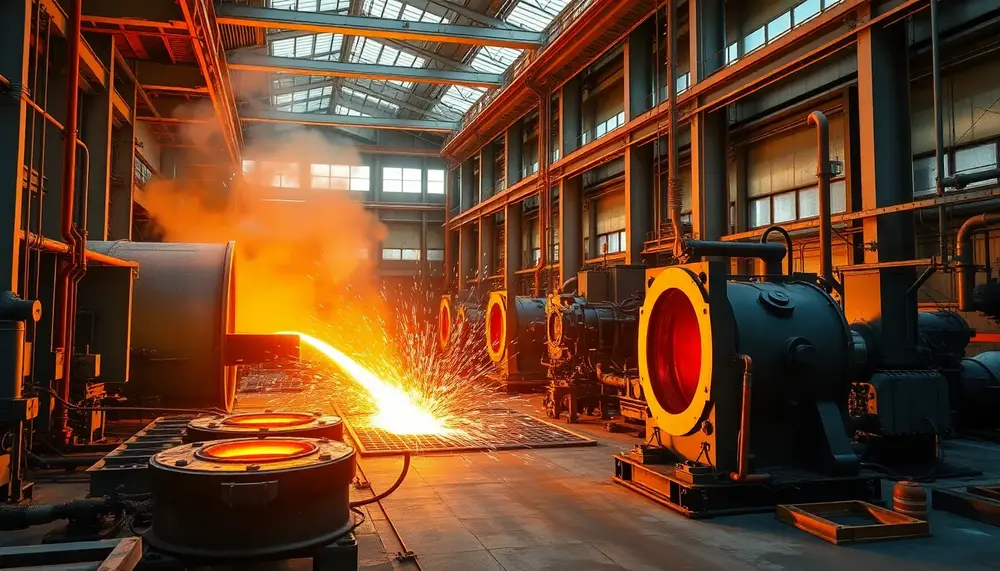
The article provides a detailed overview of the steelmaking process, highlighting key components like raw materials, energy sources, and advanced technologies. It explains primary methods (BOF and EAF), step-by-step production stages, and emphasizes sustainability and innovation in modern steel manufacturing....
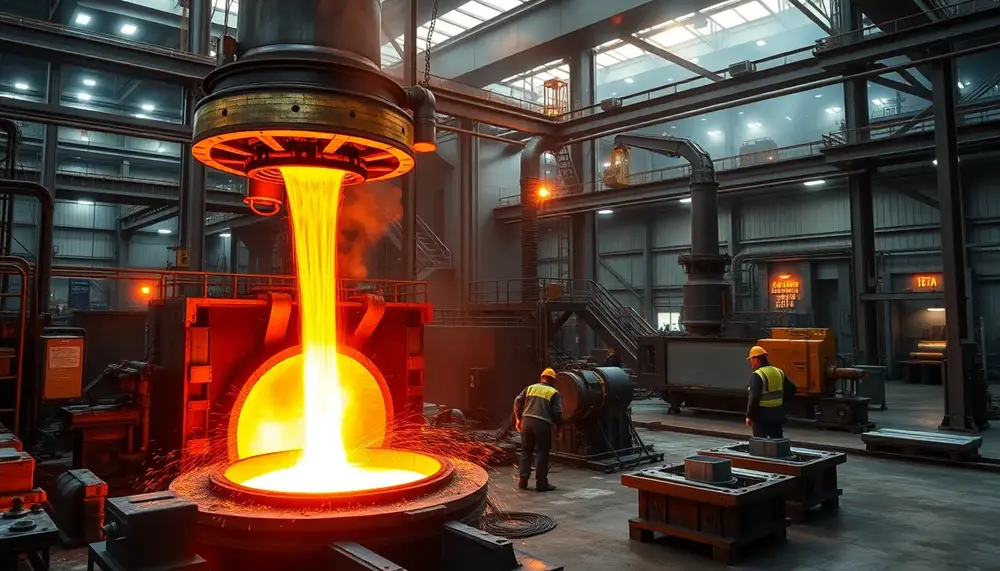
Danieli is revolutionizing steel production by integrating advanced, sustainable technologies like the Steel Plant Model and green solutions to enhance efficiency and reduce environmental impact. Their innovative approach combines adaptability, energy optimization, and emission reduction while setting new industry benchmarks...
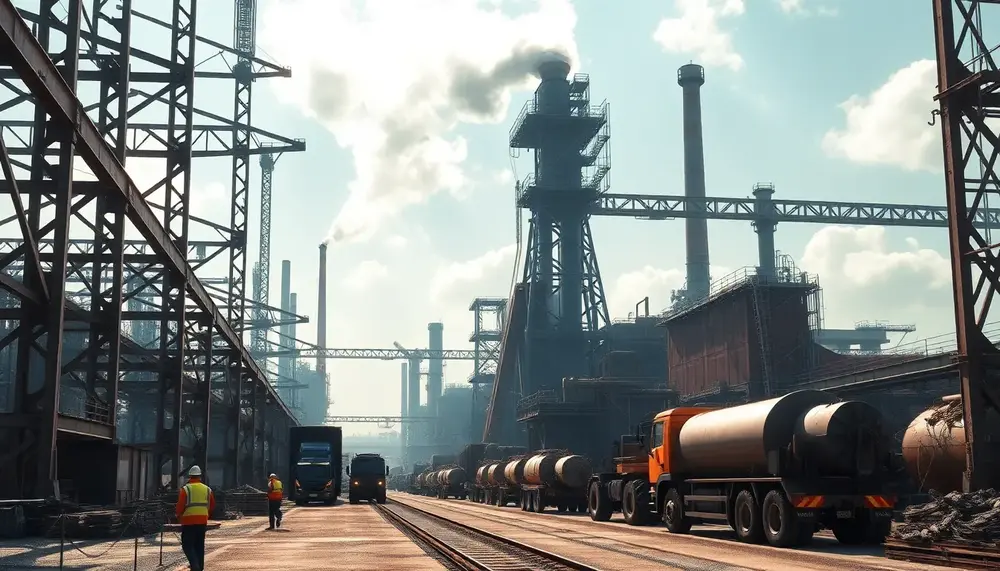
The article highlights the importance of influential names in steelmaking, emphasizing their role in driving innovation and shaping industry policies for sustainability. Key players like AISI advocate for pro-manufacturing policies, infrastructure development, and environmental practices while modern technologies such as...
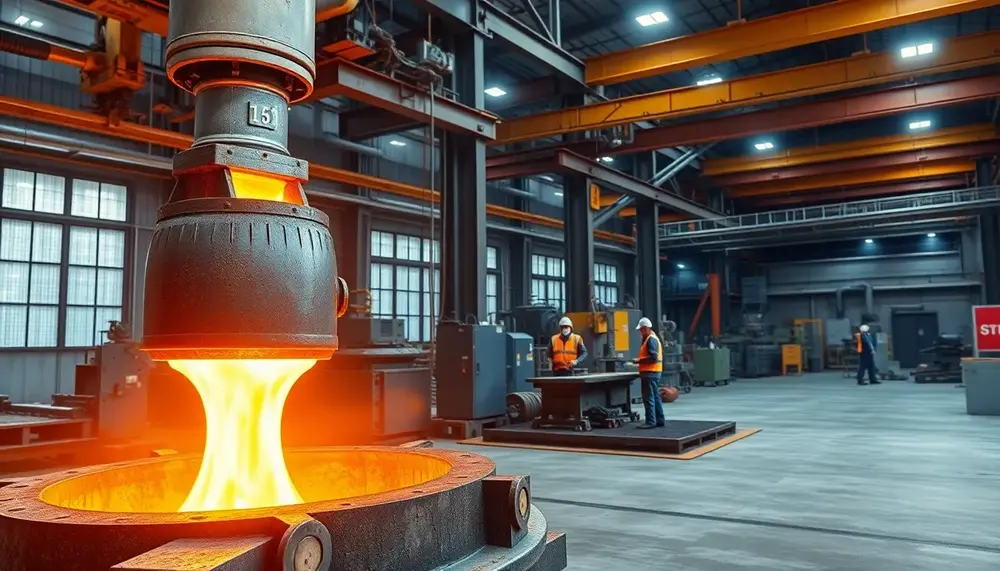
Steelmaking R&D drives innovation by integrating sustainability, advanced technologies like hydrogen-based processes and AI modeling, and fostering breakthroughs in efficiency and emissions reduction. These advancements are reshaping industries reliant on steel while addressing global environmental challenges through cleaner production methods...
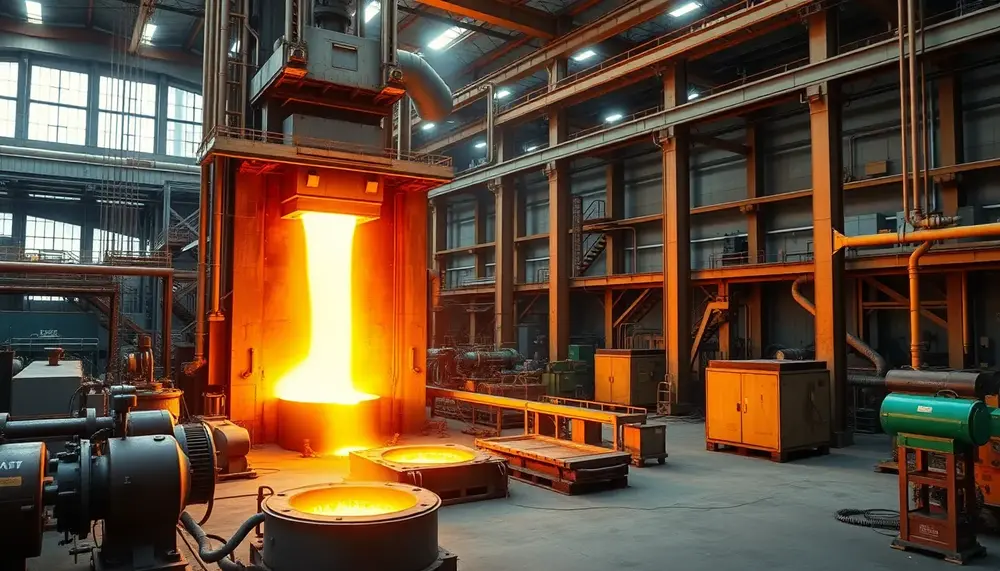
Nucor revolutionizes steelmaking with its Electric Arc Furnace (EAF) process, transforming recycled scrap into high-quality steel while prioritizing sustainability and efficiency. This innovative approach reduces carbon emissions, enhances energy efficiency, and offers tailored solutions for industries like automotive and construction....
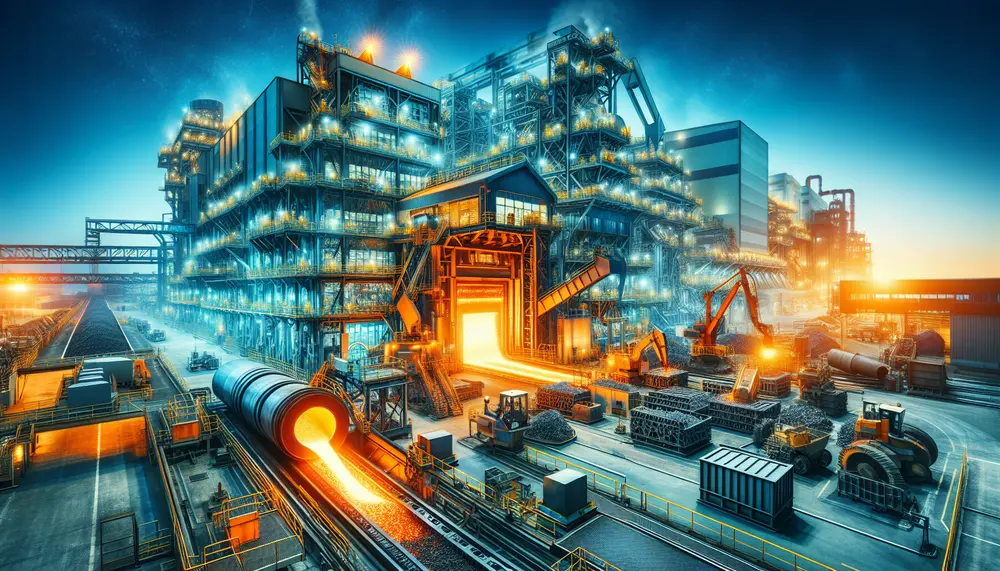
Steel recycling is a detailed process involving collection, sorting, shredding, melting, purification, and casting of scrap steel into new products; it offers significant environmental benefits like energy conservation and CO2 reduction while also providing economic advantages such as job creation...
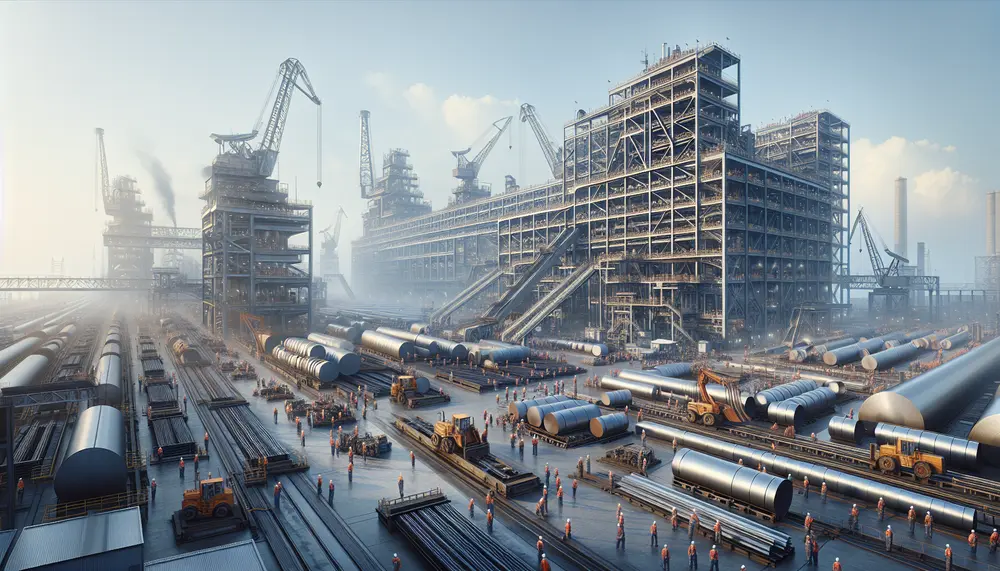
The US steel industry has evolved from traditional methods to sustainable practices, focusing on recycling and technological innovation, with key players like Cleveland-Cliffs and Nucor leading advancements. Despite challenges such as international competition and environmental regulations, the industry remains a...
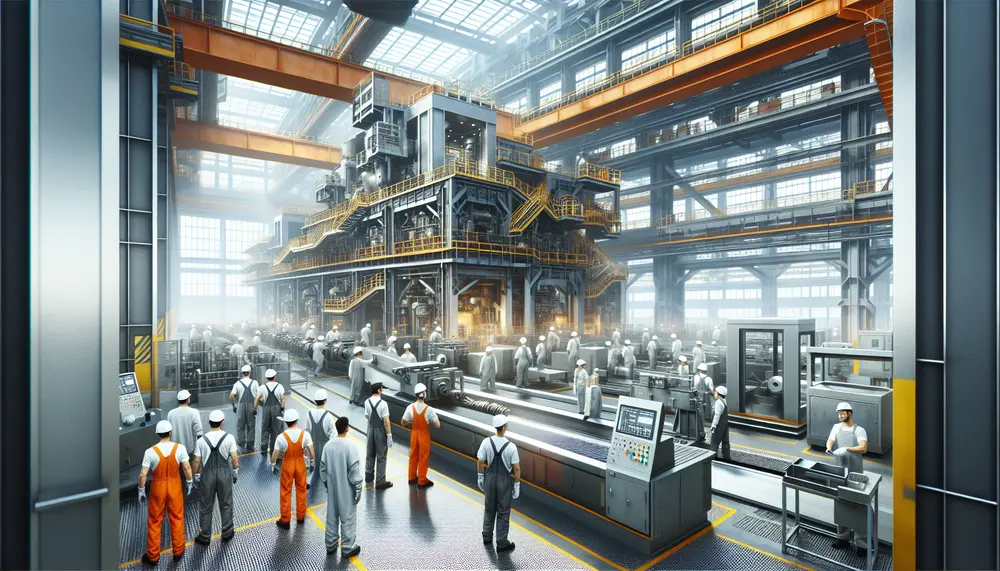
The article discusses the significant environmental challenges of steelmaking, such as high CO2 emissions and energy consumption, and explores innovative solutions like the EPIXC Project's hydrogen-arc plasma technology. It also highlights the importance of recycling in reducing steel production's carbon...
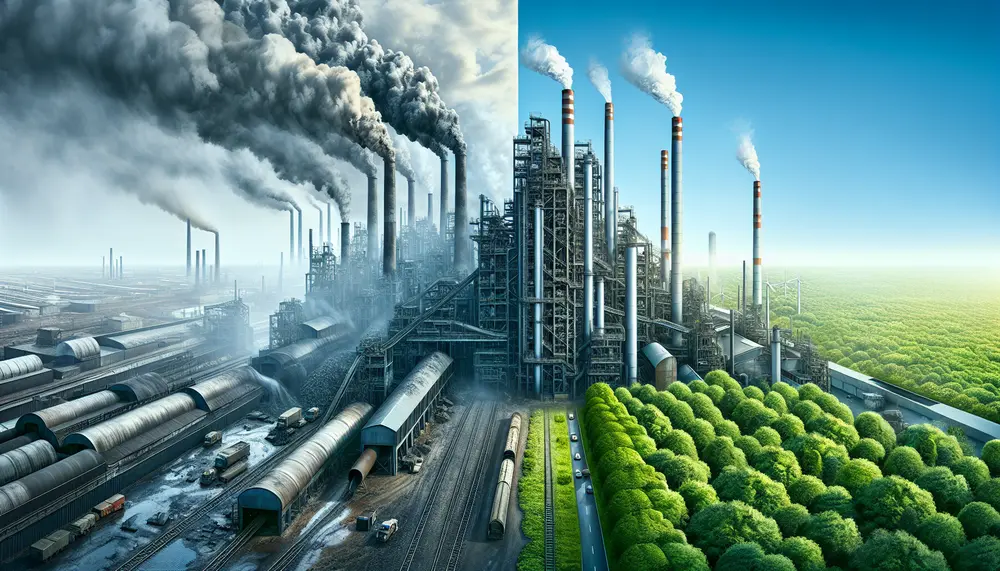
Green steelmaking aims to produce steel with minimal environmental impact by using innovative technologies and renewable energy sources, significantly reducing carbon emissions. Traditional methods rely heavily on fossil fuels and generate substantial CO2, whereas green alternatives like hydrogen-based reduction, electric...
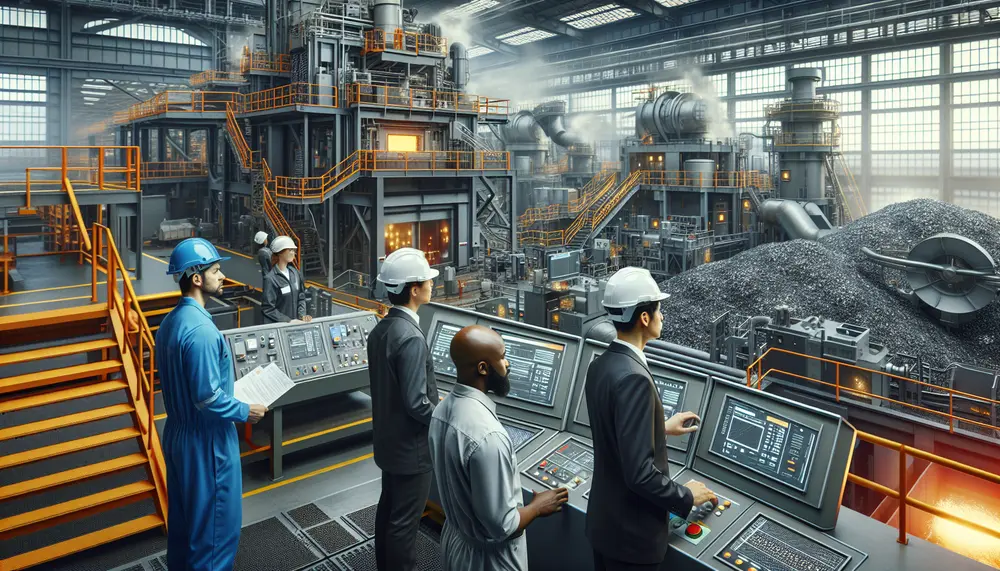
Steelmaking waste, primarily consisting of slag, dust, and sludges from iron and steel production processes, poses significant environmental risks such as groundwater contamination and ecosystem degradation if not managed properly. However, innovative recycling techniques like using slag in concrete or...
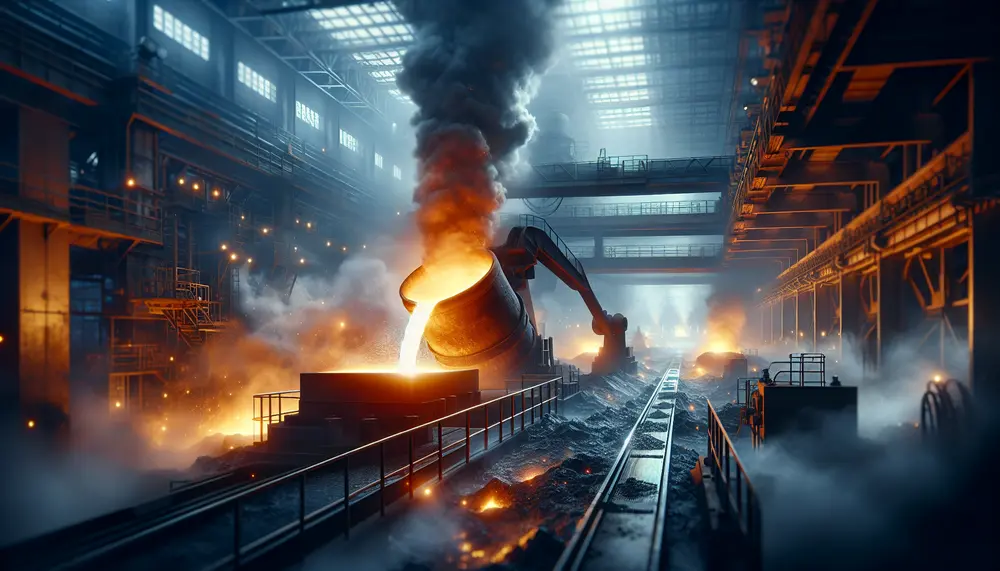
Secondary steelmaking refines and adjusts the composition of steel to meet specific standards, involving processes like deoxidation, desulfurization, decarburization, alloying, and degassing. It is crucial for producing high-quality steel with desired properties such as strength and corrosion resistance. The role of...

